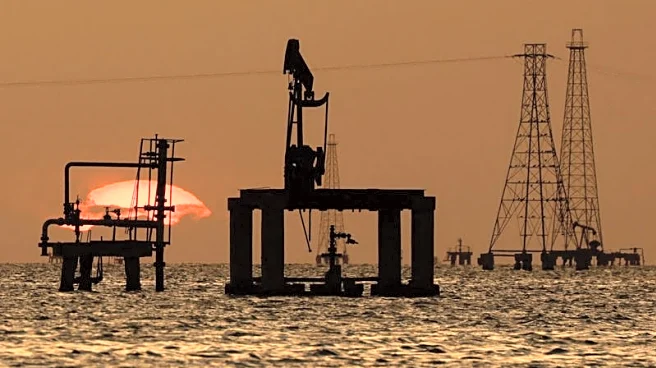Rapid Read • 6 min read
OPEC was established in 1960 by Iran, Iraq, Kuwait, Saudi Arabia, and Venezuela to stabilize the world oil market. The organization coordinates energy policies to ensure fair oil prices and a steady supply. Over the years, OPEC has faced challenges in maintaining cooperation among its members, particularly during geopolitical events like the Six-Day War and the Yom-Kippur War. Despite these challenges, OPEC has expanded its membership and continues to play a significant role in the global oil market.
AD
OPEC's ability to influence oil prices has significant implications for global economies, including the U.S. By coordinating production levels, OPEC can impact oil prices, affecting everything from consumer costs to energy security. However, internal divisions and external pressures, such as new oil discoveries and alternative energy sources, challenge OPEC's ability to maintain its influence. The U.S. must consider these dynamics in its energy policy, balancing the need for stable oil prices with the transition to renewable energy.
OPEC's influence extends beyond economics, impacting geopolitical relations and energy security. The organization's ability to coordinate production levels affects global oil supply and prices, influencing international relations and economic stability. As the world shifts towards renewable energy, OPEC's role may evolve, potentially reducing its influence over time. The U.S. and other countries must navigate these changes to ensure energy security and economic stability.
AD
More Stories You Might Enjoy













